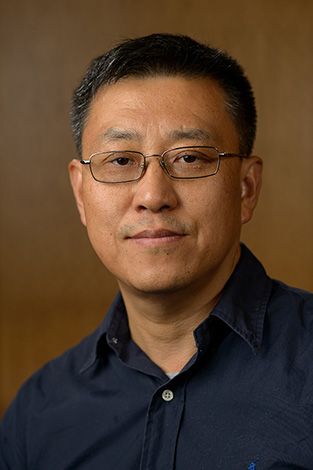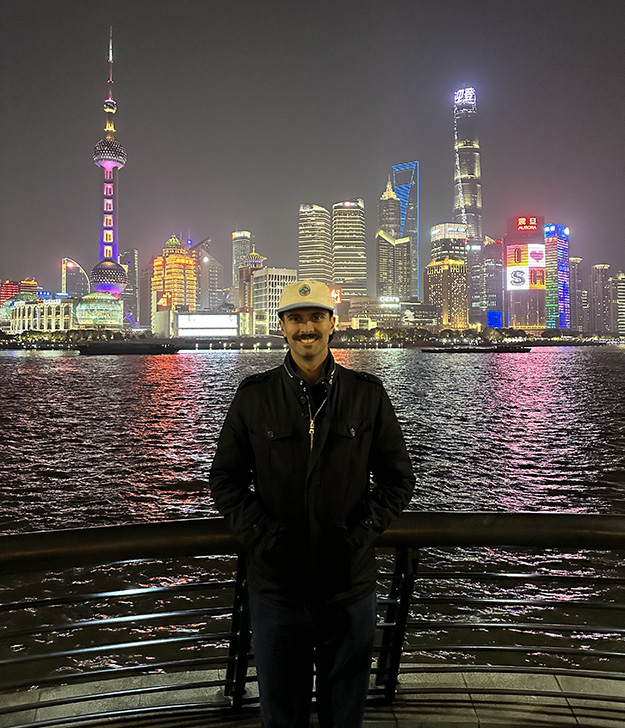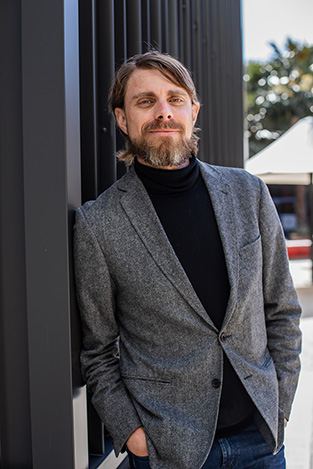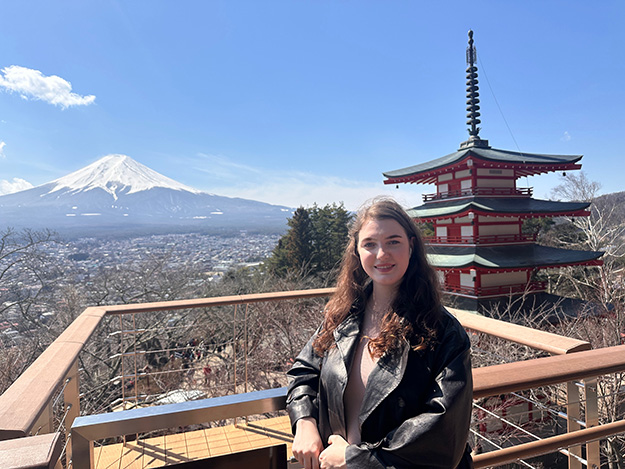Since 2014, the study of language throughout the region has been supported by the New Colombo Plan (NCP). From Japanese to Tok Pisin, Malaysian and French, through to Mandarin, studying the diverse range of languages of the Indo-Pacific has assisted thousands of students to develop an understanding of our region and to form life-long people-to-people links.
China Major Coordinator at the University of Technology Sydney, Associate Professor Jingqing Yang believes study of another language while in-country allows students to move away from a monolingual mindset and develop their professional and intercultural capabilities.
'Young Australians who gain fluency in Asian literacy, not only improve the Australian public's understanding of our most important regional partners and develop their global citizenship, but they also significantly increase their competitiveness in the international and domestic job market,' Associate Professor Yang says.
'It produces linguistically and culturally literate and resourceful individuals who in turn have the potential to become leading players in Australia and beyond.'
The New Colombo Plan Mobility Program provides funding to Australian universities to support Australian undergraduate students' participation to study, complete language training, undertake internships, mentorships, practicums and research in 40 host locations across the Indo-Pacific region.
For New Colombo Plan mobility program students Gian Gill and Christina Tungate, their time living and learning in China and Japan is exceeding every expectation.
Gian is a double degree student in Business and International Studies at the University of Technology Sydney and is completing the final year of his studies in China at Tongji University, studying Mandarin.
Gian credits an amazing high school teacher for energising his Chinese language studies and a school trip to Shanghai, Xi'an, and Beijing for lighting an enduring passion for the language and culture.
'I still count her as a mentor today,' Gian says.
'I think learning an Asian language opens a host of opportunities and pathways for the future.'
'I have really enjoyed attending language classes every morning and being immersed in Chinese language and culture,' he says.
During his studies, Gian discovered a local cricket team that culminated in his selection to represent Shanghai in a high-profile intercity match.
He was also selected by his university to attend a panel discussion run by a popular news broadcaster.
Lecturer in world languages at the University of the Sunshine Coast School of Business and Creative Industries, Dr Levi Durbridge emphasizes the benefits of immersive language learning and its positive impact on students.
'The research is quite clear that overall, multilinguals perform better across a range of cognitive tasks.'
'Studying a language to a high level provides a new set of perspectives for any creative, critical, or analytical tasks,' he says.
'This often translates into a greater willingness to step out of their comfort zones, embrace diverse perspectives and engage more boldly with unfamiliar environments and ideas.'
'Being in-country also means opportunities to build friendships and make connections that can extend into students' future academic and professional lives.'
For University of the Sunshine Coast Bachelor of Arts student majoring in Japanese Studies, Christina Tungate, learning Japanese in Japan has progressed her language learning and proficiency into a transformative experience.
'Most people agree that learning a language alters your world view and the way you think because language builds reality and perception, but I never fully understood what that meant until I came to Japan for this program.'
'I have become more attuned to the subtleties of human interaction and the implicit social and cultural rules that govern everyday life'.
'I go into every interaction thinking about common goals and interests above myself and my personal gain because that is how the people in Japan have approached me.'
She says while her career trajectory is evolving, the most valuable part of her experience is that it has built a sense of cultural competence, giving her more confidence to approach other places and other people from all over the world.
'It is pretty challenging to speak when you are unsure about what you are saying, how you are saying it, or even if it is correct – but if you never try then you will never be heard and you lose that chance to be corrected and learn more.'
'My advice to anyone learning languages is that you must speak up even if you are unsure or afraid – patience and persistence will win.'





